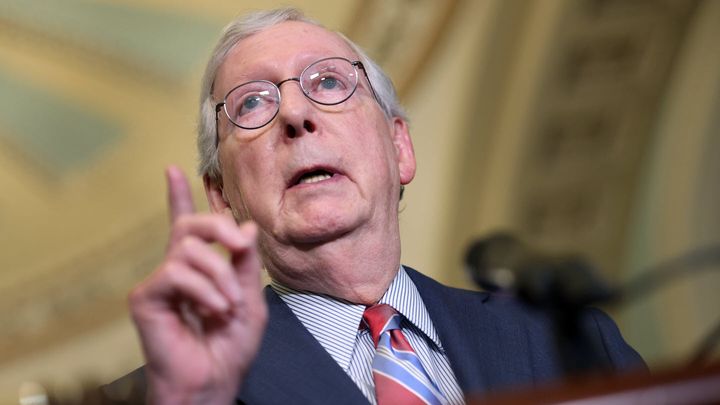Debt Limit
Republicans Haven't Always Been Against Lifting the Debt Limit

Summary
An analysis of past votes shows Senate Republicans have provided the majority of votes to lift the debt limit during Republican administrations.
